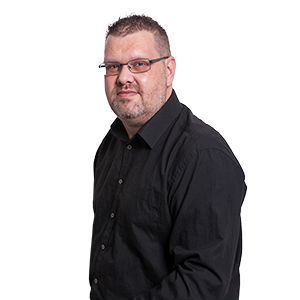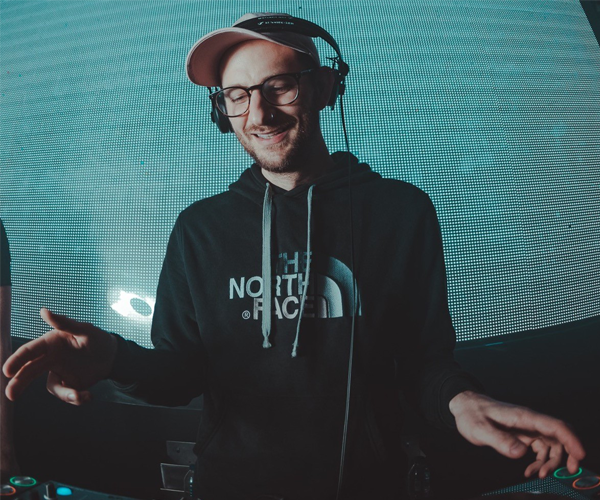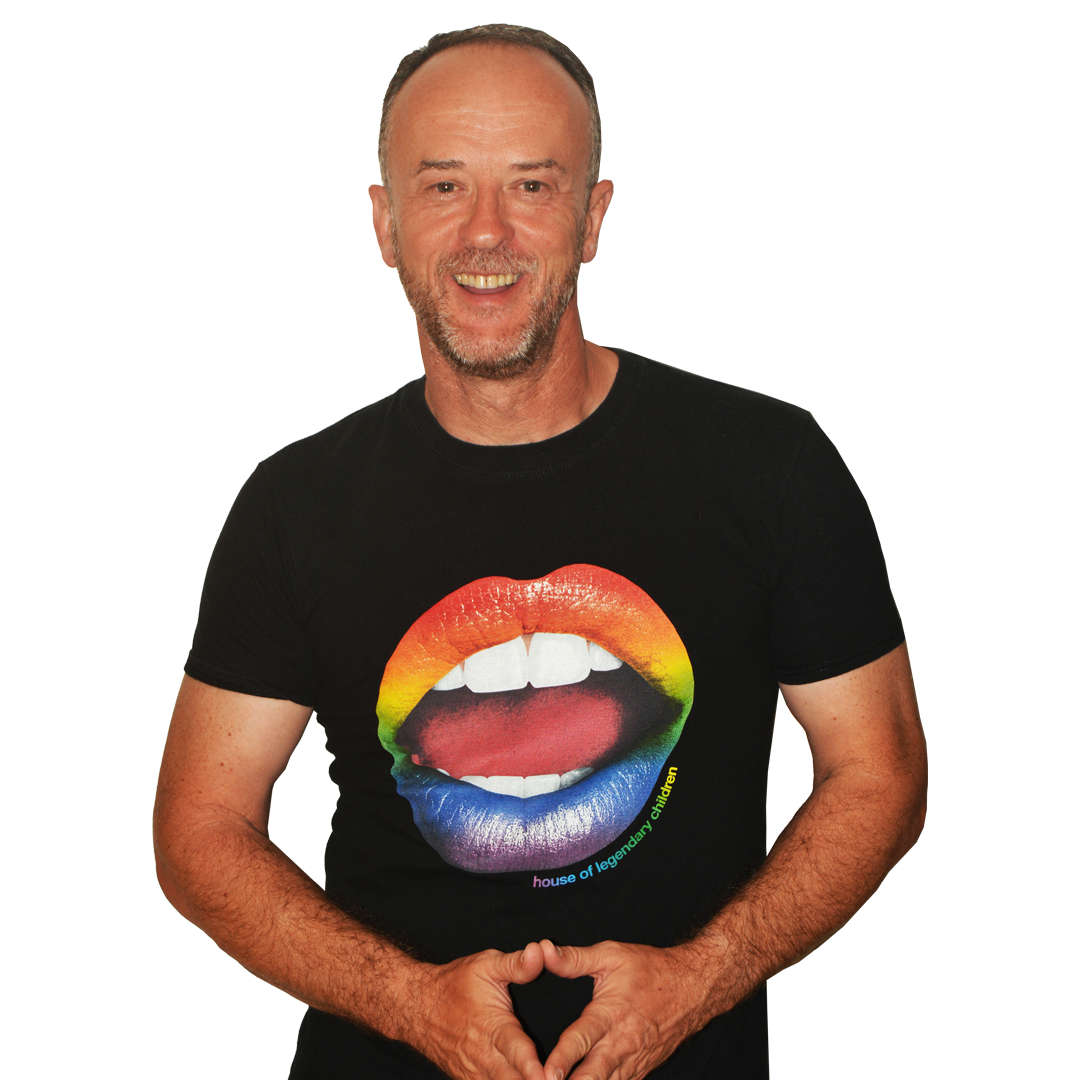
A centuries-old mystery is about to be revealed - the origins of explorer Christopher Columbus.
Spanish scientists have already used DNA analysis to confirm his remains are buried in a tomb in Seville Cathedral in Spain.
Long cited by authorities as his final resting place, there had been rival claims - but now arguments over the nationality of 15th-century explorer are also set to be laid to rest.
A divisive figure, Columbus led Spanish-funded expeditions from the 1490s onward, opening the way for the European conquest of the Americas.
Many historians have questioned the traditional theory that Columbus came from Genoa, Italy.
Other theories range from him being a Spanish Jew, a Greek, Basque or Portuguese.
Researchers, led by forensic expert Miguel Lorente, have been testing tiny samples of remains buried in the cathedral, comparing them with those of his known relatives and descendants.
The findings are due to be announced in a documentary titled Columbus DNA: The True Origin on Spain's national broadcaster TVE on Saturday.
Findings 'almost absolutely reliable'
Briefing reporters on the research on Thursday, Lorente did not reveal the conclusions, but said they had confirmed previous theories that the remains in Seville belonged to Columbus.
"Today it has been possible to verify it with new technologies, so that the previous partial theory that the remains of Seville belong to Christopher Columbus has been definitively confirmed," he said.
He said research on Columbus's nationality had been complicated by various factors including the large amount of data, but said "the outcome is almost absolutely reliable".
Read more from Sky News:
Former British athlete dies aged 28
Ex-rock musician strangled girlfriend
Drugs found in bag labelled 'definitely not bag full of drugs'
A voyager in life, Columbus was also a voyager in death. He died in Valladolid, Spain, in 1506, but wished to be buried on the island of Hispaniola that is today shared by the Dominican Republic and Haiti.
His remains were taken there in 1542, then moved to Cuba in 1795 and then - it had been long thought in Spain - to Seville in 1898.
However, it's also possible that some of Columbus's remains still rest in the Caribbean.
In 1877, workers found a lead casket buried behind the altar in a cathedral in Santo Domingo, the capital of the Dominican Republic, containing a collection of bone fragments that the country says belong to Columbus.
Lorente said both claims could be true as both sets of bones were incomplete.
In recent years there has been pushback to Columbus Day celebrations, which take place on 12 October, marking his arrival in the Americas.
Nick Tilsen, president of the NDN Collective, an indigenous-led advocacy group, has said for the US to "celebrate that history is absolutely disrespectful".
"Columbus was a lost explorer who stumbled into this part of the world and brought famine, colonisation, the deaths of millions of indigenous peoples," he added.

(c) Sky News 2024: Centuries-old mystery over Christopher Columbus to be revealed

 P&O Ferries owner will attend UK investment summit despite scathing criticism from Louise Haigh
P&O Ferries owner will attend UK investment summit despite scathing criticism from Louise Haigh
 Person dies after falling overboard from cruise ship off Channel Islands
Person dies after falling overboard from cruise ship off Channel Islands
 Kamala Harris's medical history released as campaign aims to draw contrast with Donald Trump
Kamala Harris's medical history released as campaign aims to draw contrast with Donald Trump
 'Mass casualty incident' after children and adults eat 'toxic mushrooms' in Pennsylvania
'Mass casualty incident' after children and adults eat 'toxic mushrooms' in Pennsylvania
 Robbie Fitzgibbon: Former British international athlete dies aged 28
Robbie Fitzgibbon: Former British international athlete dies aged 28







